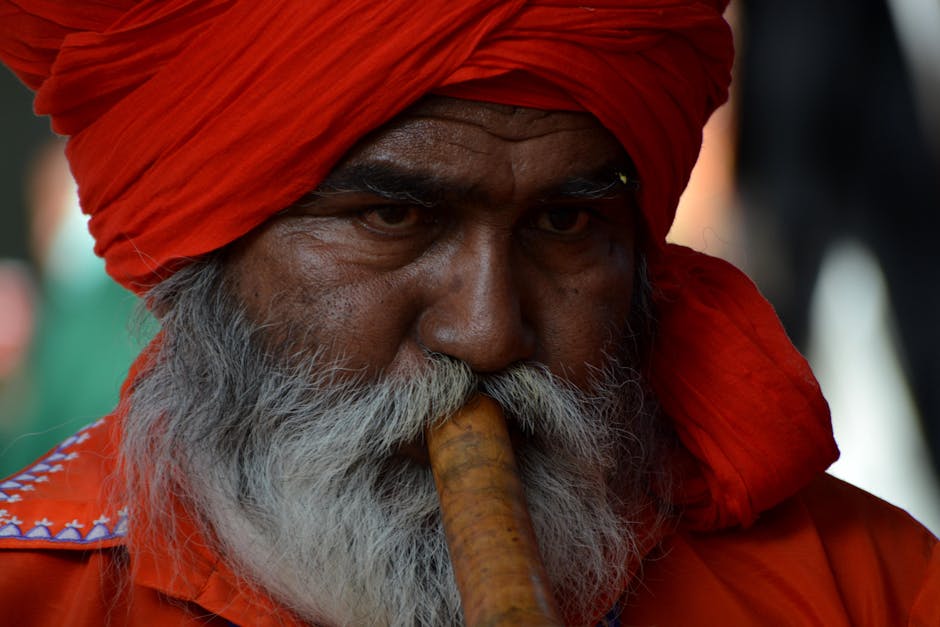In a striking development that highlights the intense competition for medical education in India, the Al Falah School of Medical Sciences and Research Centre in Faridabad has successfully filled all 150 of its MBBS seats for the current academic year. While a full house is a mark of success for any institution, this achievement is shadowed by a controversial past linked to one of India’s most infamous terror attacks.
The Shadow of the Delhi Red Fort Blast
The Al Falah Medical College is operated by the Al Falah Charitable Trust. This trust was founded by Dr. Mohammad Shafi-ur-Rehman, who is the father of Ashfaq Ahmed, a convicted Lashkar-e-Taiba (LeT) militant. The Supreme Court found Ashfaq Ahmed guilty for his role in the December 2000 terrorist attack on the Red Fort in Delhi, which led to the tragic deaths of three security personnel. His conviction was for sheltering the key conspirators and acting as a conduit for terror funds.
This dark chapter has been a recurring point of contention, with concerns raised over the years about the institution’s background. Yet, as the latest admission cycle proves, the dream of a medical degree in India often outweighs even the most troubling of associations.
Why Do Students Still Choose Al Falah Medical College?
The primary reason a college with such a controversial link manages to attract a full batch of aspiring doctors is the unforgiving reality of the NEET (National Eligibility cum Entrance Test). With over 20 lakh students competing for just over one lakh MBBS seats annually, the competition is brutal.
For an aspirant who has spent years preparing, securing a seat—any seat—in a recognised college is the ultimate prize. In this high-stakes environment, the background of a college’s management can often take a backseat to the immediate opportunity of a confirmed admission.
Pragmatism Over Past: A Calculated Choice
“For many parents and students, the choice is a calculated one,” explains a Delhi-based education counsellor who wished to remain anonymous. “They see a functional medical college, approved by the National Medical Commission (NMC), with the required infrastructure and faculty. The past, while concerning, is seen as just that—the past. The primary goal is to secure the MBBS degree, and Al Falah offers that chance.”
Located in Faridabad within the National Capital Region (NCR), the college’s proximity to Delhi also makes it an attractive option. Online student forums show that aspirants weigh factors like fees, faculty, and hospital facilities far more heavily than the history of the trust. For them, the conviction of a founder’s son is a distant event, seemingly disconnected from the day-to-day reality of medical school.
A Persistent Controversy and an Uncomfortable Reality
Despite the full admissions, the controversy refuses to die down completely. Critics argue that allowing the institution to operate without addressing these foundational concerns sets a dangerous precedent. Questions about the trust’s funding and ideological leanings have persisted, though the college has consistently maintained that it is a secular institution committed to providing quality education. With all necessary clearances from regulatory bodies, it remains a legitimate option in the eyes of the law.
Ultimately, the story of Al Falah medical college‘s full admission cycle is a complex narrative. It highlights the immense, almost blinding, pressure on medical aspirants in a system where demand so drastically outstrips supply that even shadows of terrorism are not enough to deter them.




